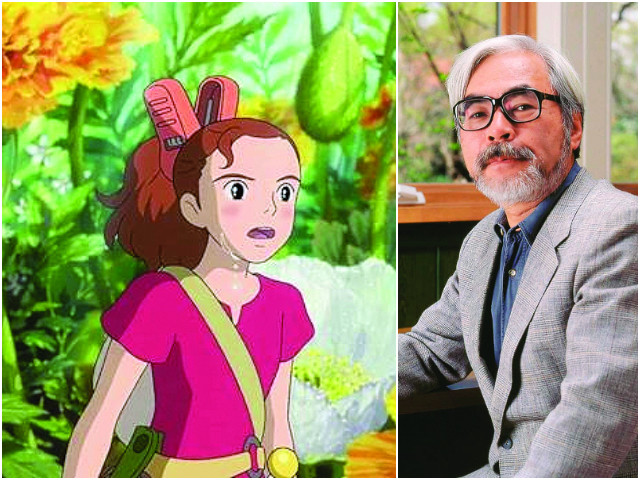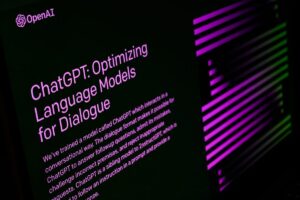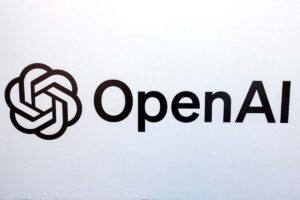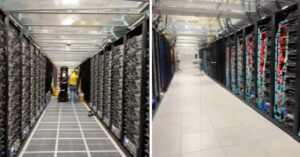OpenAI’s Ghibli Function Reigns Supreme

OpenAI’s New AI Image Generator: A Double-Edged Sword
On Tuesday, OpenAI introduced its latest image generation technology, which is being hailed as the organization’s most advanced system yet. This new feature allows users to produce images in the distinctive style of the renowned Japanese animation studio, Studio Ghibli.
What’s New in the Image Generation Technology?
The updated image generator is integrated into OpenAI’s GPT-4o model and boasts a "natively multimodal model capable of precise, accurate, photorealistic outputs," according to reports from Variety. This means users can create visuals reminiscent of beloved Studio Ghibli films like Spirited Away, Howl’s Moving Castle, and Kiki’s Delivery Service. The unique animation style of these films is closely associated with Hayao Miyazaki, the studio’s co-founder, and celebrated filmmaker.
Since the launch of this update, users have been quick to experiment with the new technology, transforming memes and personal photos into Ghibli-inspired art. Popular meme templates, such as the Distracted Boyfriend and Disaster Girl, have made a resurgence alongside the new feature.
A Wave of User Reactions
Social media has been buzzing with reactions to the GPT-4o update. Many users have posted their AI-generated images, showcasing creative interpretations of famous scenes. One user on X humorously remarked, "Nobody asked for Bollywood movie scenes in Ghibli style, but here they are," while sharing modified stills from popular films such as Bhool Bhulaiyaa and Dilwale Dulhania Le Jayenge.
Even OpenAI’s CEO, Sam Altman, joined in on the fun, changing his profile picture to a Ghibli-style version of himself, sharing his amusing take on the sudden trend alongside a light-hearted commentary on his own journey at OpenAI.
Criticism from the Art Community
Despite the excitement from some users, not everyone is thrilled about this new development. Critics within the art community express concerns about the implications of AI-generated art, arguing that it undermines the hard work and talent that goes into creating unique styles. One Instagram user expressed sadness, stating, "We’re celebrating the automation of an art form that took decades to perfect? Feels more like a loss than a win."
The use of AI technology to replicate styles has raised questions about artistic integrity and consent, as many artists believe that their work is being unfairly appropriated. An artist lamented the promotion of AI art, stating, "This is just sad. I can’t believe everyone is promoting AI art so blatantly."
Hayao Miyazaki’s Resurfacing Views
In light of this controversy, an old video of Hayao Miyazaki has resurfaced online. In it, the filmmaker candidly expressed his disdain for AI-generated art. He stated, "If you really want to make creepy stuff, you can go ahead and do it. I would never wish to incorporate this technology into my own work at all. I strongly feel that this is an insult to life itself." His passionate remarks have reignited discussions among fans and artists about the future of creative endeavors.
The Effort Behind Studio Ghibli Animation
As discussions continue, many fans are highlighting the immense effort that goes into crafting animated films at Studio Ghibli. Each traditional film involves between 60,000 to 70,000 hand-drawn frames, meticulously painted by skilled animators. For instance, a recent user shared a clip from The Wind Rises, noting that a mere four-second scene took an animator 15 months to complete.
Growing Concerns Regarding AI in Content Creation
This trend is not isolated to just image generation; the rise of AI in various aspects of content creation, including deepfake technology, has also faced public scrutiny. Celebrities like Scarlett Johansson and Hania Aamir have voiced their concerns over AI-generated content, calling for greater regulations to protect individual rights and artistic integrity. Hania Aamir took to Instagram Stories, stating, "This AI stuff is very scary. Can there be some laws in place? These are not my videos if anyone is convinced they are."
As AI continues to advance, the dialogue surrounding its impact on art and creativity remains pertinent and provocative.





